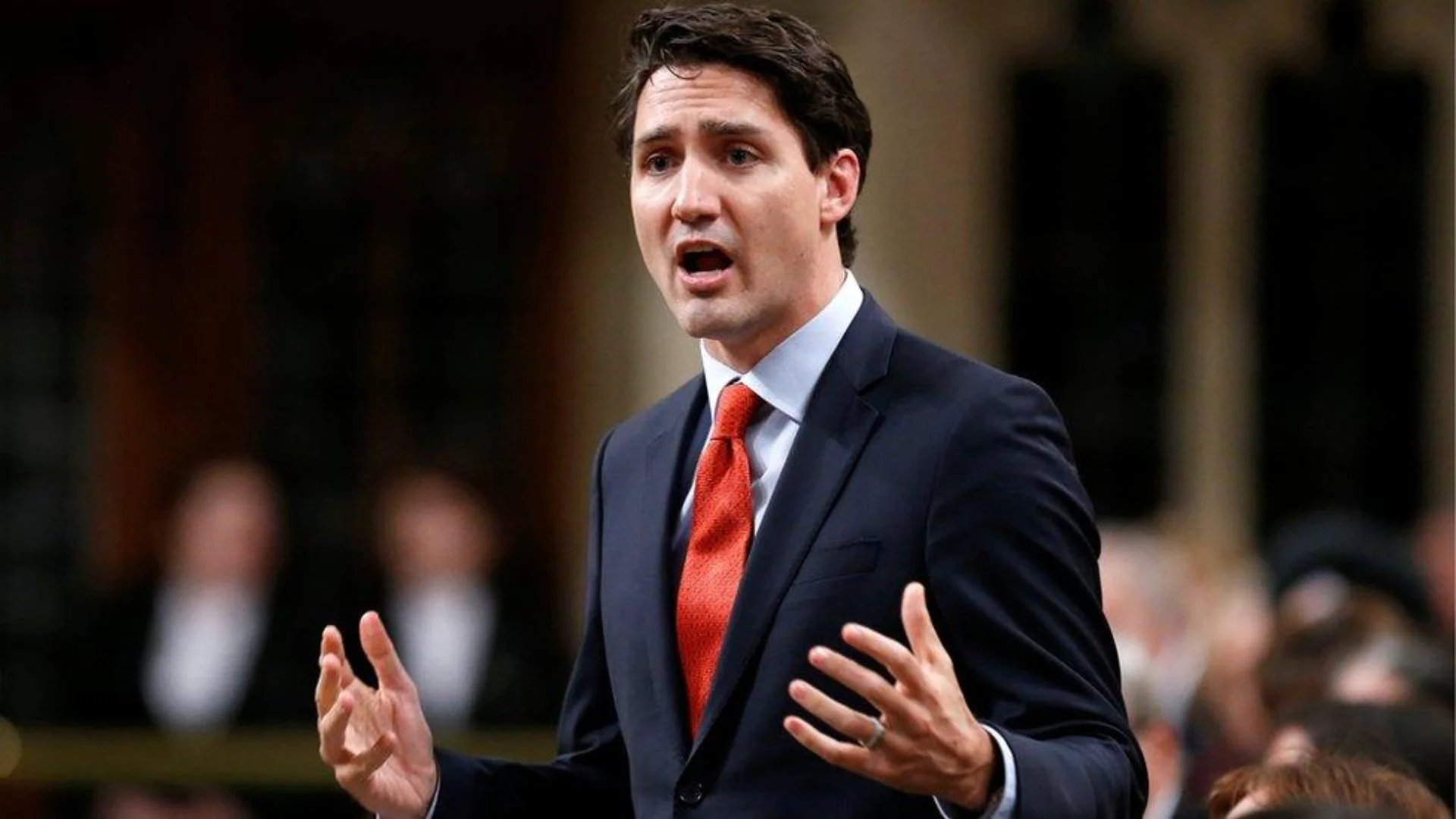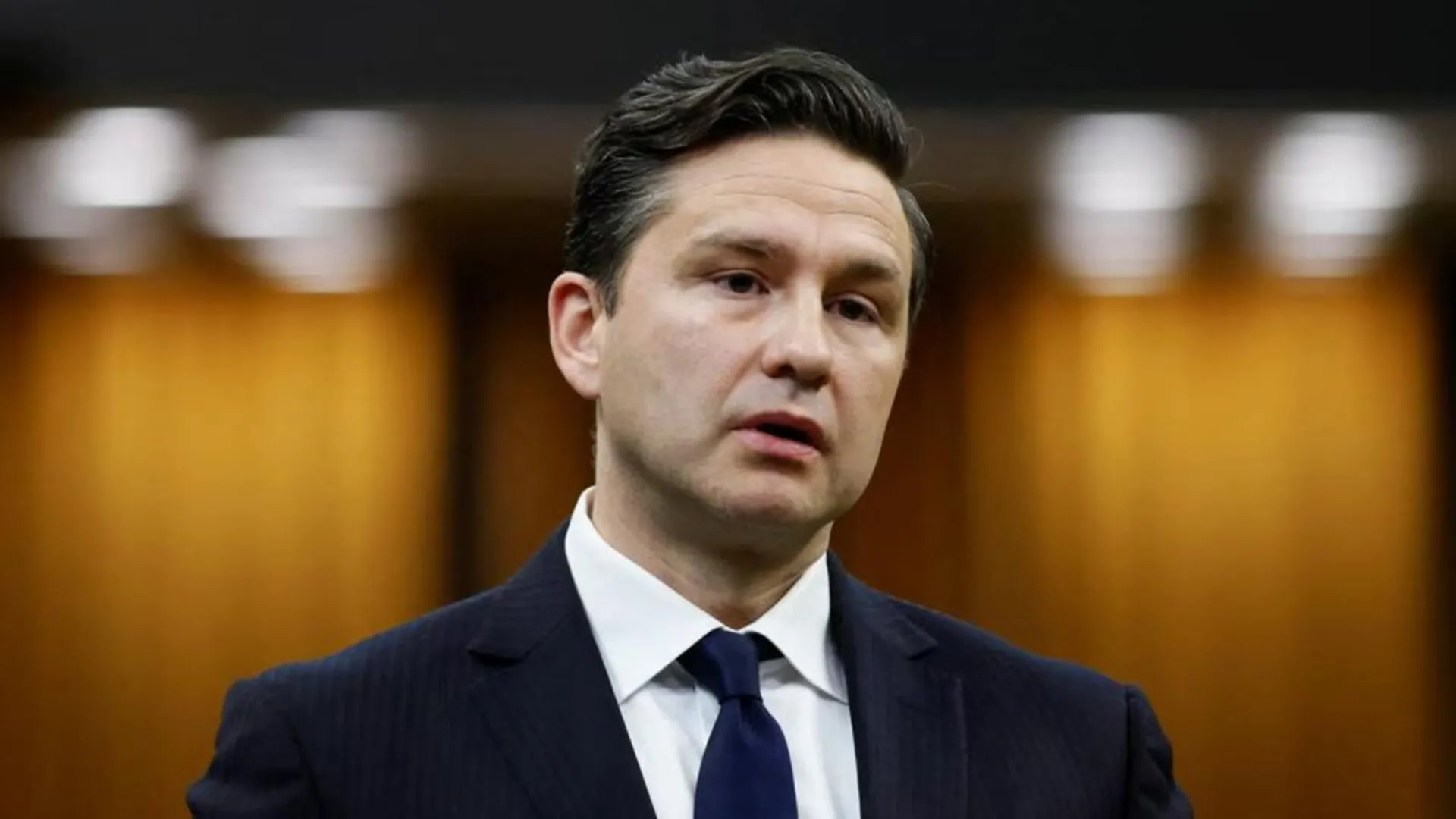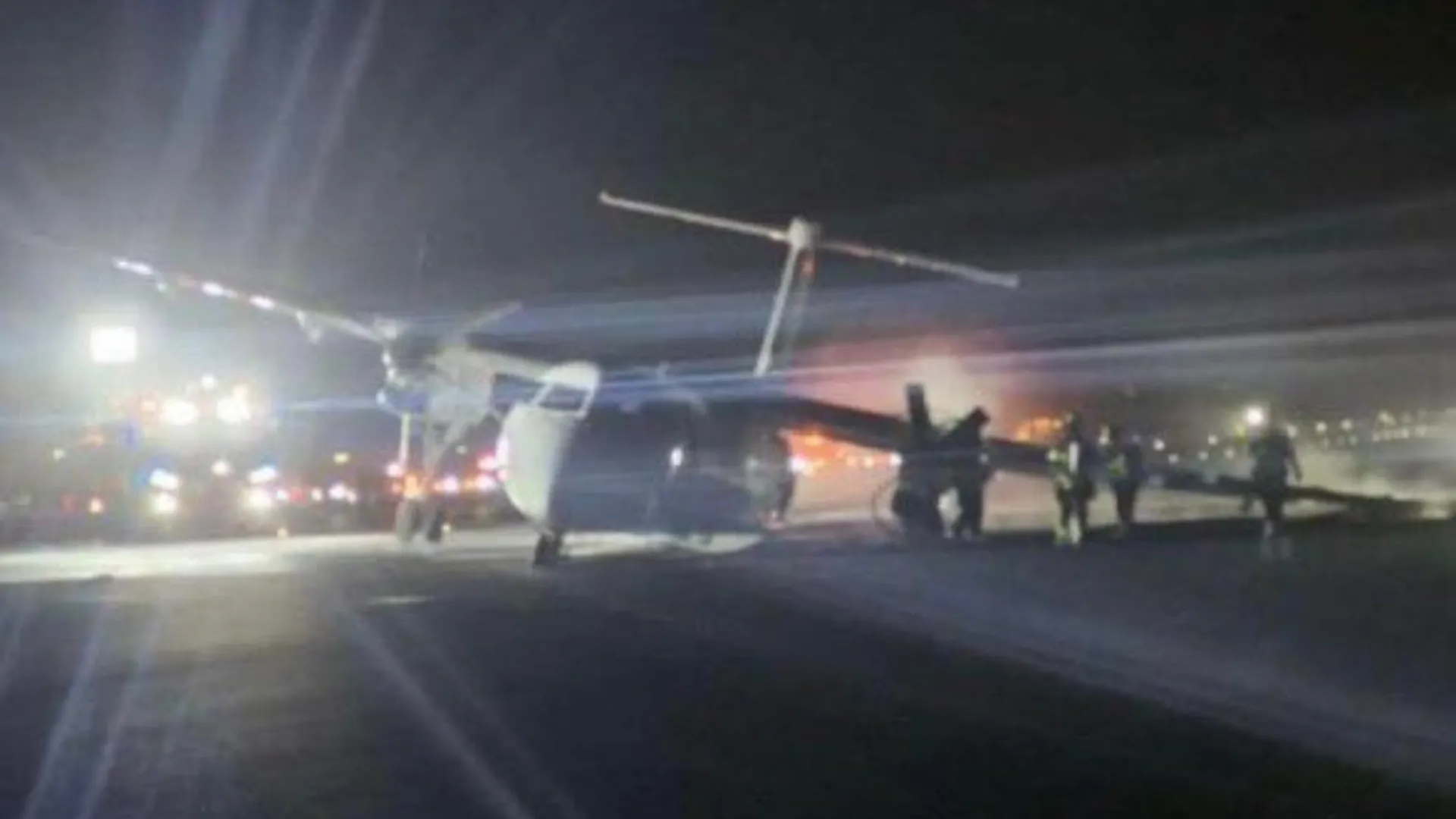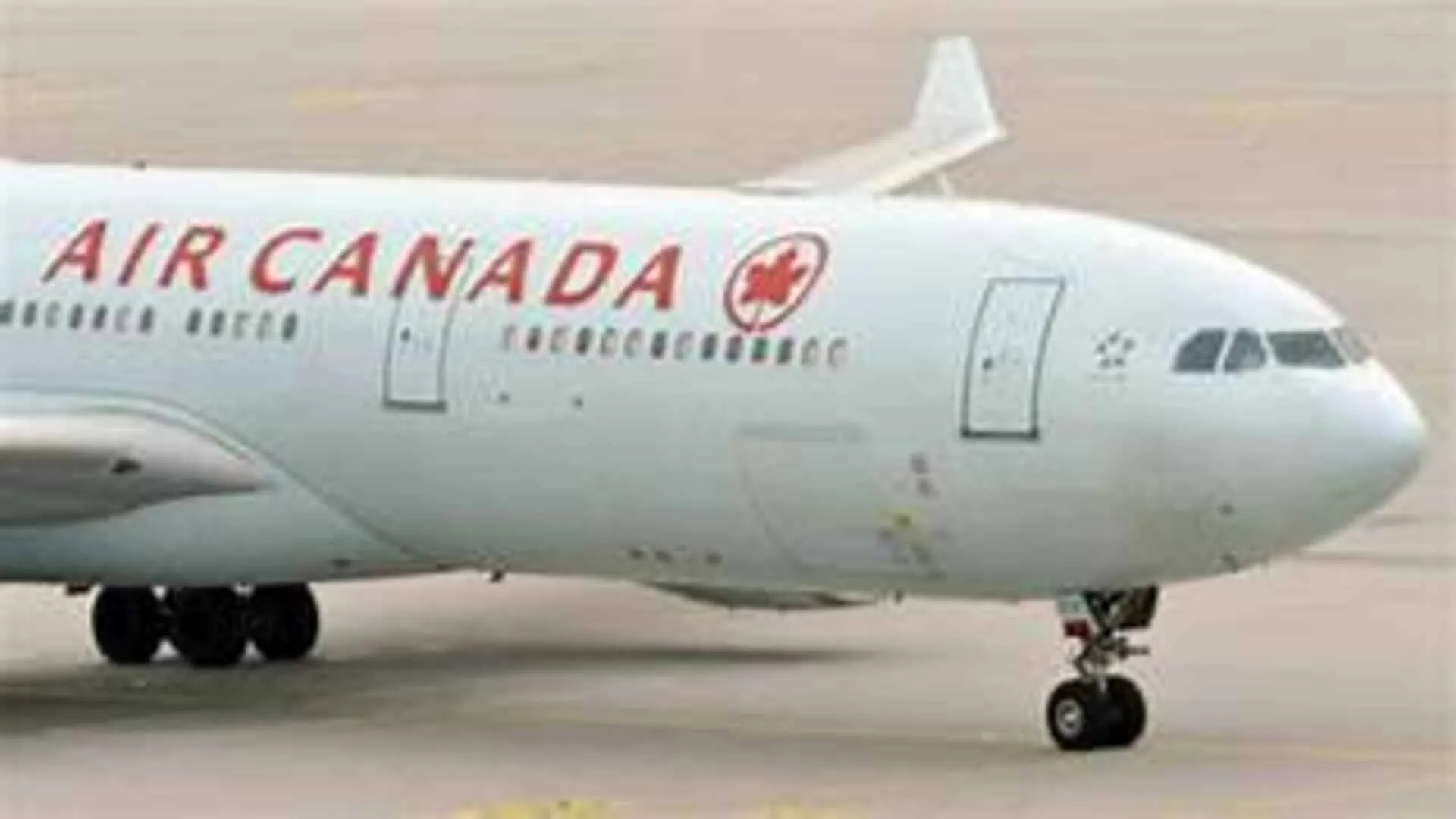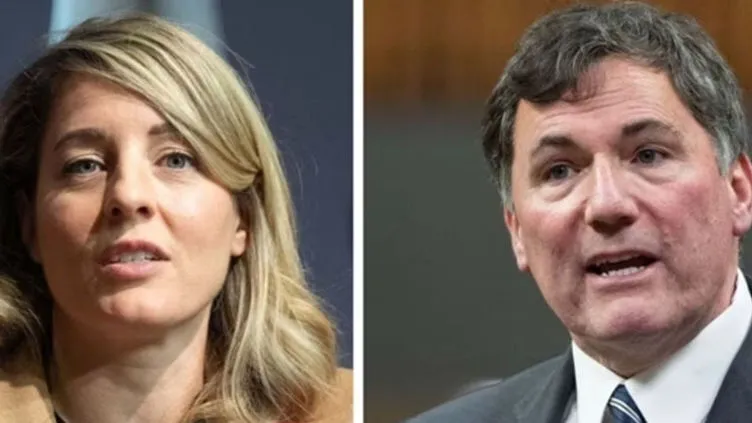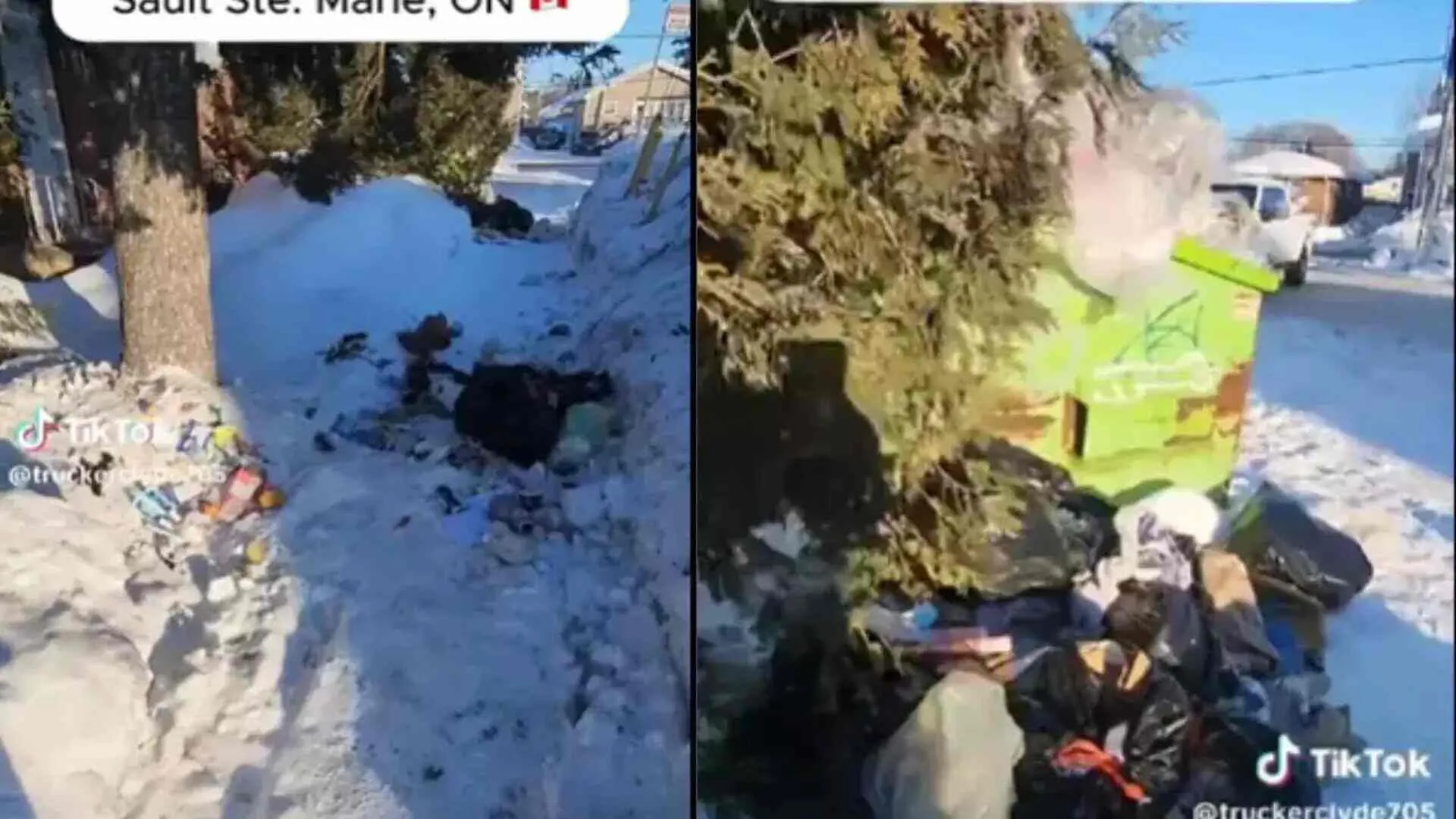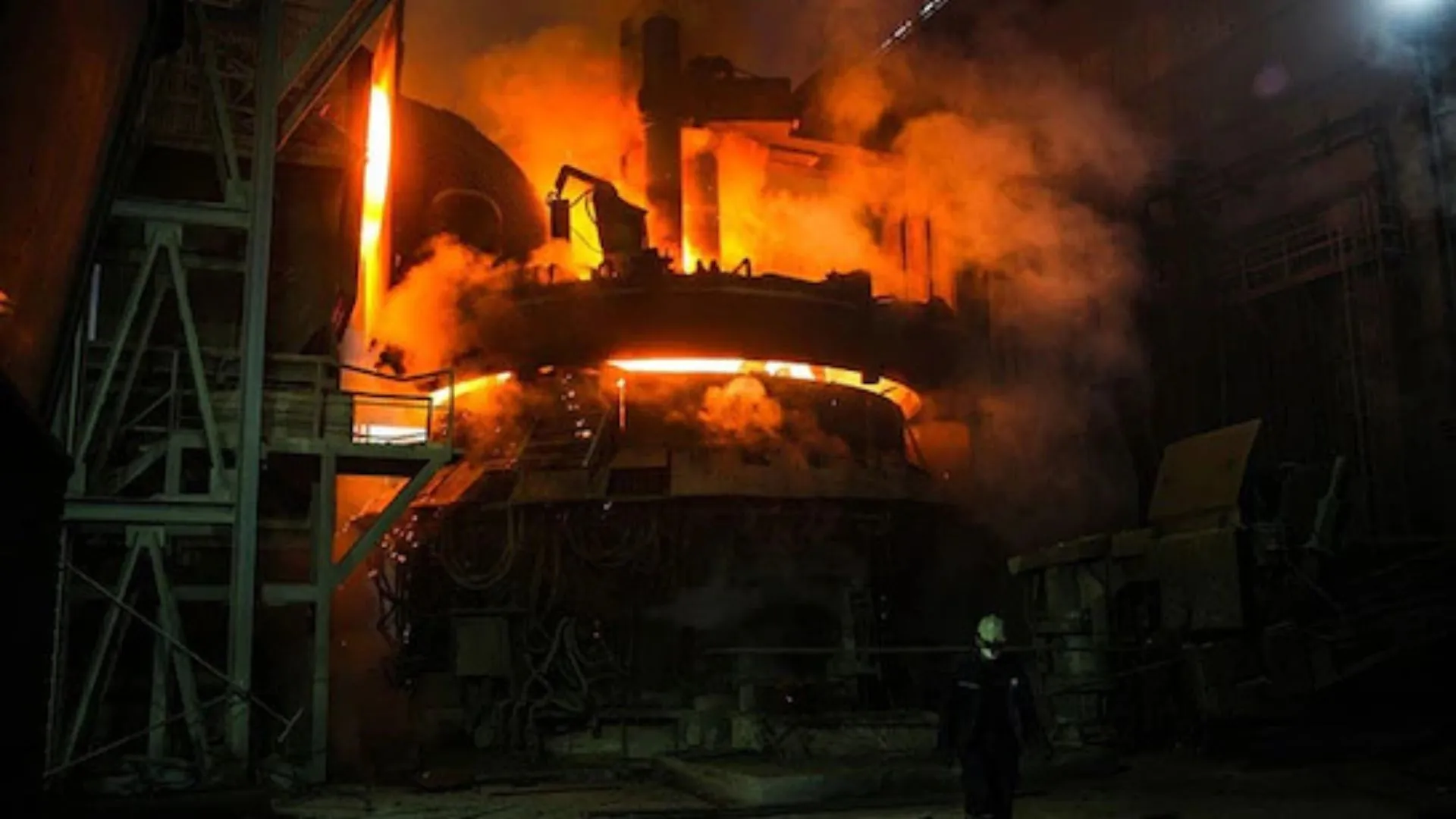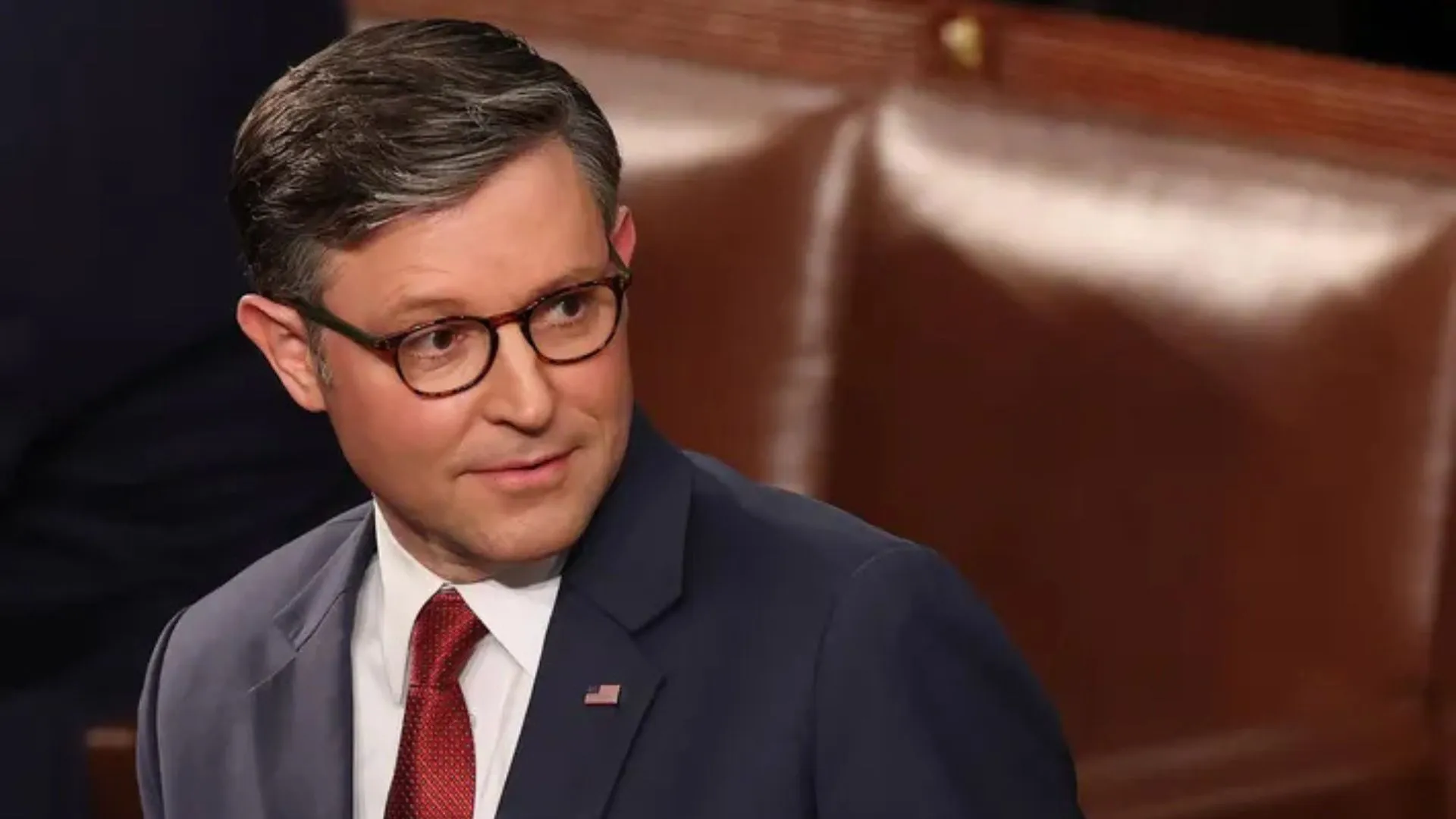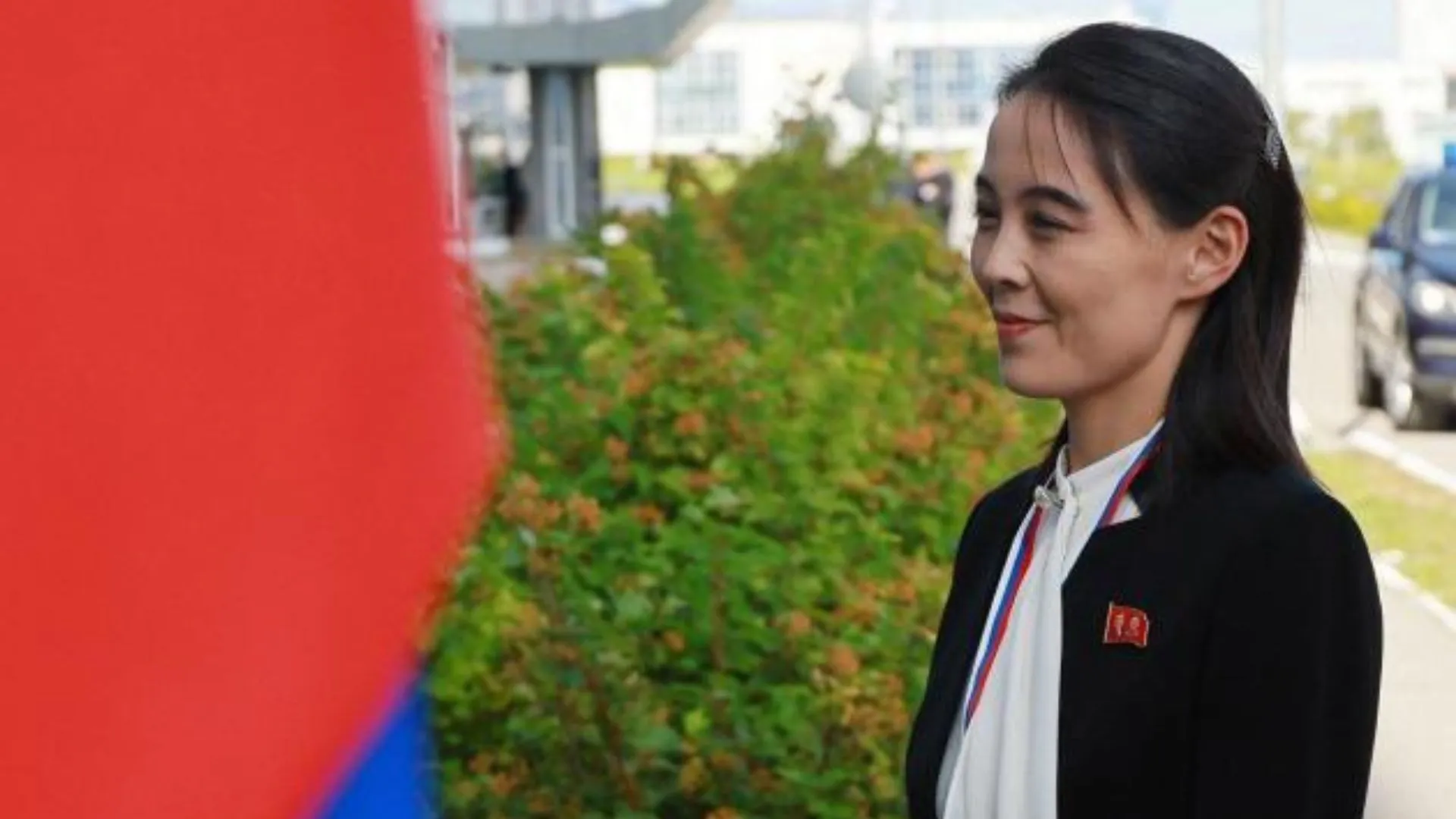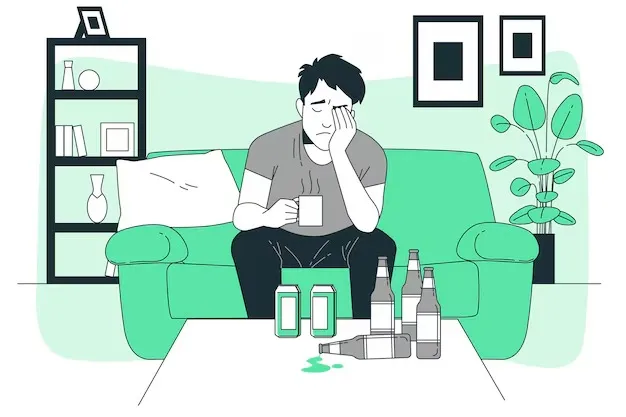Amid ongoing regional tensions and global conflicts in 2024, India has worked to strengthen its position as a significant global leader. However, its relationship with Canada remains fraught and is likely to stay complicated for at least the next ten months, as long as Prime Minister Justin Trudeau continues to lead the North American nation.
India-Canada relations, strained for years, reached a breaking point in October 2024 after a series of diplomatic expulsions. This escalation followed Prime Minister Trudeau’s claim that Canadian authorities were investigating allegations of Indian agents’ involvement in the June 2023 assassination of Khalistani separatist Hardeep Singh Nijjar.
Amid the fallout, Indian envoy to Canada Sanjay Kumar Verma, who has since been recalled to New Delhi, accused Prime Minister Trudeau of damaging bilateral ties with politically motivated allegations. Verma himself has faced accusations from Ottawa of being linked to Nijjar’s killing.
According to an NDTV report after his return to New Delhi, Verma revealed that India had shared detailed evidence of radical and extremist groups operating on Canadian soil with Trudeau’s government, but “no action was taken on it” by Canadian authorities.
India has consistently denied any connection to Nijjar’s killing, labeling him a designated terrorist by the National Investigation Agency (NIA), and accused Trudeau’s administration of catering to Khalistani sympathizers for political gain.
In May, India’s Foreign Minister S. Jaishankar criticized Canada’s approach, stating that by giving political space to Khalistani separatist elements, the Canadian government sends a message that its vote bank is “more powerful” than its rule of law. He emphasized that while India respects and practices freedom of speech, it does not extend to supporting violence or separatism.
“If you have people whose presence there is itself on very dubious documents, what does it say about you? It actually says that your vote bank is more powerful than your rule of law,” Jaishankar said.
India-Canada Relations
In June 2023, Khalistani terrorist Hardeep Singh Nijjar was gunned down by two masked assailants outside a Gurdwara in Surrey, British Columbia. Canadian authorities, including Prime Minister Justin Trudeau, alleged that agents linked to the Indian government were involved in the assassination.
India dismissed the accusations as “absurd” and “preposterous,” asserting that Ottawa “has not shared a shred of evidence” to support the claims “despite many requests” from New Delhi.
The unusual manner in which Canada publicly implicated Indian officials in Nijjar’s murder caused bilateral relations to unravel, triggering a diplomatic crisis that shows no signs of abating.
In 2023, Canada expelled an Indian diplomat, prompting India to retaliate by sending back a Canadian diplomat and suspending consular services for Canadian citizens for nearly two months. The tensions escalated in May 2024 when Canadian police arrested three Indian citizens in connection with Hardeep Singh Nijjar’s killing and announced they were “investigating if there are any ties to the government of India.”
By October, the situation worsened as Ottawa declared India’s top diplomat in the country, Sanjay Kumar Verma, a “person of interest” in the case. The Trudeau government alleged that five other expelled Indian officials were connected to Nijjar’s murder, claiming it had “ample, clear and concrete evidence which identified six individuals as persons of interest in the Nijjar case.”
India strongly rejected these accusations, with the Ministry of Foreign Affairs describing them as “a deliberate strategy of smearing India for political gains.” In retaliation, India expelled Canada’s acting high commissioner and five other diplomats.
The rift between India and Canada deepened in November after attendees of an Indian consular event at a Hindu temple in Toronto were attacked by pro-Khalistani supporters. New Delhi criticized Ottawa for failing to ensure the safety of Indian citizens and institutions.
Amid the ongoing tensions, Prime Minister Justin Trudeau, for the first time, acknowledged the presence of Khalistani supporters in Canada. During a Diwali celebration at Ottawa’s Parliament Hill, he made an unexpected statement recognizing the existence of a Khalistan support base within the country, while emphasizing that it did not represent the Sikh community as a whole.
“There are many supporters of ‘Khalistan’ in Canada, but they do not represent the Sikh Community as a whole. There are supporters of the Modi government in Canada, but they do not represent all Hindu Canadians as a whole,” Trudeau said.
Later in November, Trudeau stirred further controversy when he referred to his intelligence officials as “criminals” for implicating Prime Minister Narendra Modi and Foreign Minister Subrahmanyam Jaishankar in violence on Canadian soil. His remarks followed a Globe and Mail report alleging that Canadian security agencies believed Modi was aware of violent plots, with Jaishankar and National Security Adviser (NSA) Ajit Doval also purportedly involved.

